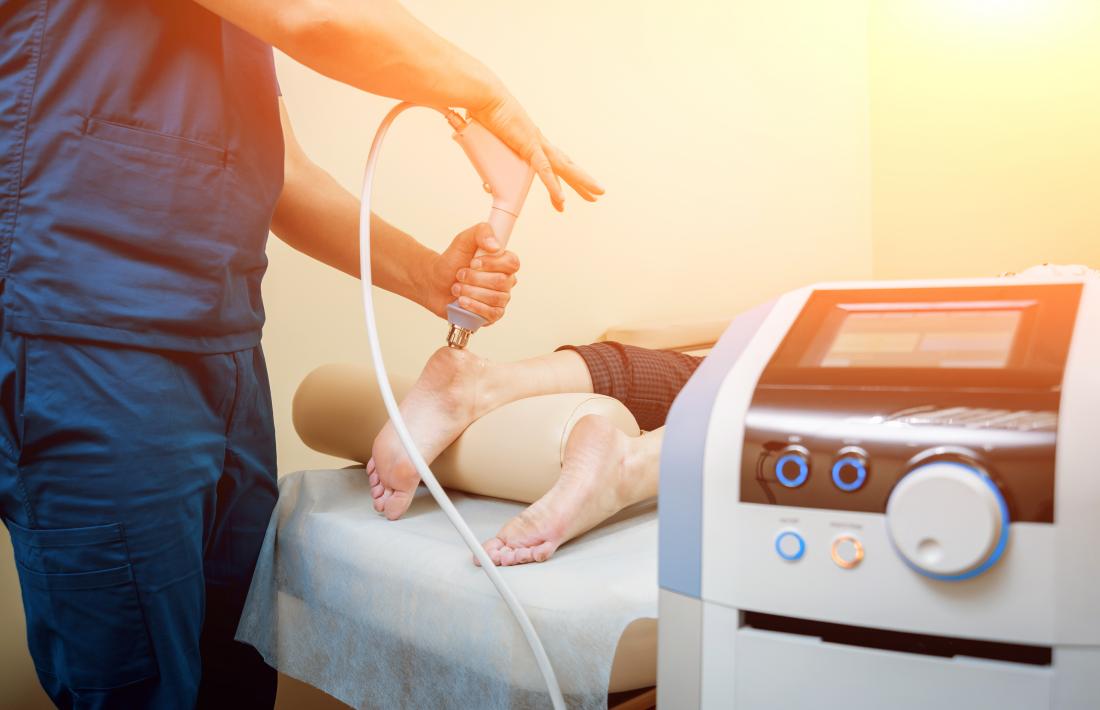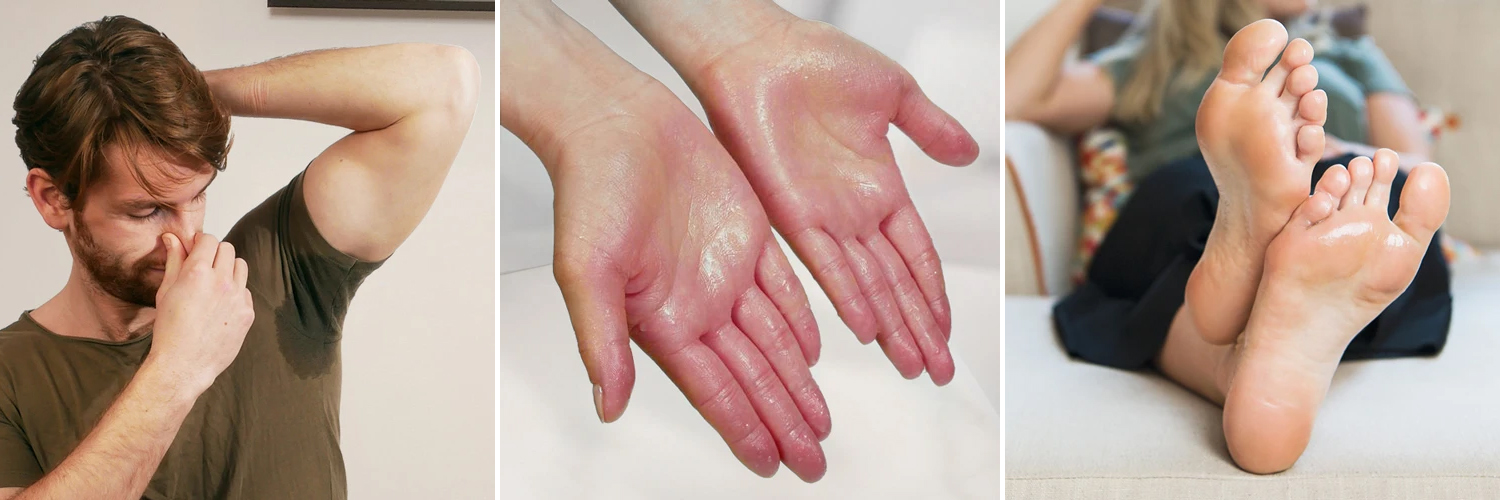Targeted Dermatology Treatments for Hyperhydrosis of Hands and Feet: Reliable Solutions
Targeted Dermatology Treatments for Hyperhydrosis of Hands and Feet: Reliable Solutions
Blog Article
Recognizing the Origin Causes of Excessive Sweating and Its Effect On Day-to-day Live
While it is commonly recognized as a physical action to control body temperature, the triggers for excessive sweating can differ commonly among people, incorporating not only physical factors but psychological and additionally emotional elements. By delving into the origin causes of hyperhidrosis and exploring its complex results, a deeper understanding of this pervasive concern can be gained, dropping light on the intricacies that individuals grappling with excessive sweating navigate on a daily basis.
Physiology of Sweat Glands
The law of sweat manufacturing, an essential physiological procedure, is mainly regulated by the activity of gland distributed throughout the human body. Gland are categorized right into two major types: eccrine and apocrine glands. Eccrine glands are one of the most many and are found in practically all areas of the body. They play a vital function in thermoregulation by secreting a watery liquid onto the skin's surface, which aids and evaporates cool down the body down. On the other hand, apocrine glands are concentrated in locations rich in hair follicles, such as the underarms and groin, and their secretions are thicker and milklike in appearance.
When the body temperature increases, either as a result of exercise, heats, or psychological tension, the nerve system activates the sweat glands to generate sweat. This sweat is made up mainly of water and electrolytes like sodium and chloride. The procedure of sweat manufacturing is important for preserving the body's inner temperature level within a narrow, optimal variety, highlighting the critical role sweat glands play in human physiology.
Triggers for Excessive Sweating
In recognizing the source of excessive sweating, it is important to recognize the triggers that can bring about this physical feedback. Excessive sweating, also known as hyperhidrosis, can be prompted by different aspects, both ecological and physical. One usual trigger is psychological anxiety or anxiousness, which can boost the body's gland to generate even more sweat than is essential for cooling down. Physical physical effort, heats, and spicy foods are additionally understood to activate excessive sweating in individuals susceptible to this problem. Particular medical conditions like diabetes mellitus, hyperthyroidism, or menopause can contribute to too much sweating as well.
Additionally, medications such as some antidepressants, opioids, and specific supplements can also work as triggers for hyperhidrosis. Recognizing these triggers is crucial in handling too much sweating successfully - How to stop sweaty hands. By recognizing and attending to the particular triggers that motivate excessive sweating in a private, healthcare companies can develop individualized therapy plans to relieve this condition and enhance the person's lifestyle
Medical Issue Associated
Linked with extreme sweating are numerous clinical conditions that can aggravate this physiological reaction. One typical condition is hyperhidrosis, a disorder defined by unusually raised sweating that goes beyond the body's thermoregulatory needs. This can materialize in focal locations like the palms, soles, underarms, or face, affecting an individual's lifestyle due to social embarrassment and pain.
Moreover, endocrine problems such as hyperthyroidism, diabetic issues, and menopausal hot flashes can also lead to too much sweating. Hyperthyroidism triggers an overproduction of thyroid hormones, increasing metabolic process and setting off sweating.
Moreover, infections like Sweaty hands treatment hiv, endocarditis, and tuberculosis have been linked with night sweats, a common signs and symptom understood to disrupt rest and affect total health. These medical conditions highlight the varied variety of underlying variables that can add to too much sweating, demanding complete assessment and monitoring by health care professionals.
Emotional and Mental Factors

Effect On Social Communications
Too much sweating can have profound results on an individual's capability to involve pleasantly in social interactions. The noticeable signs of sweat spots or damp patches on clothes can bring about embarrassment and self-consciousness, creating people to withdraw from social situations. This withdrawal can impact partnerships, limit social activities, and prevent personal and expert growth.

In addition, the anxiety and self-esteem problems coming from excessive sweating can impact interaction and social abilities. People might battle to concentrate on discussions, join team tasks, or express themselves confidently. This can lead to feelings of isolation and loneliness, as social connections end up being testing to preserve.
Final Thought

While it is commonly understood as a physical response to control body temperature, the triggers for excessive sweating can differ extensively among individuals, incorporating not just physical elements but additionally psychological and psychological components. By diving into the origin creates of hyperhidrosis and discovering its diverse effects, a much deeper understanding of this pervasive concern can be gotten, shedding light on the intricacies that individuals grappling with excessive sweating browse on a daily basis.
Physical physical effort, high temperatures, and spicy foods are additionally understood to trigger too much sweating in individuals vulnerable to this condition. By identifying and resolving the certain triggers that prompt extreme sweating in an individual, medical care companies can develop individualized treatment strategies to reduce this problem and improve the individual's top quality of life.
Extreme sweating can have extensive effects on a person's capacity to involve comfortably in social communications.
Report this page